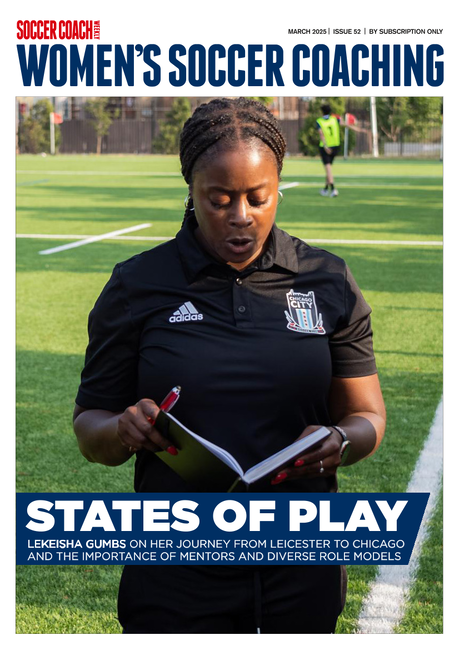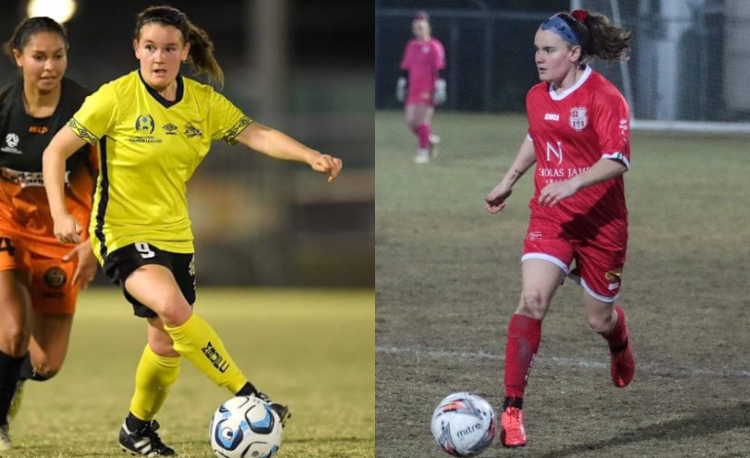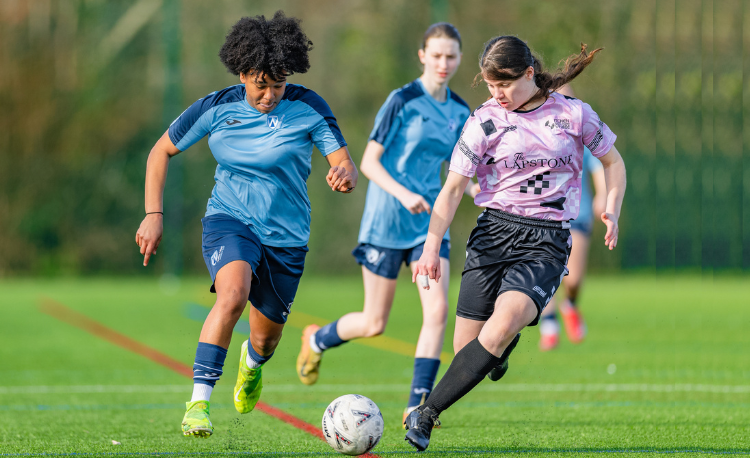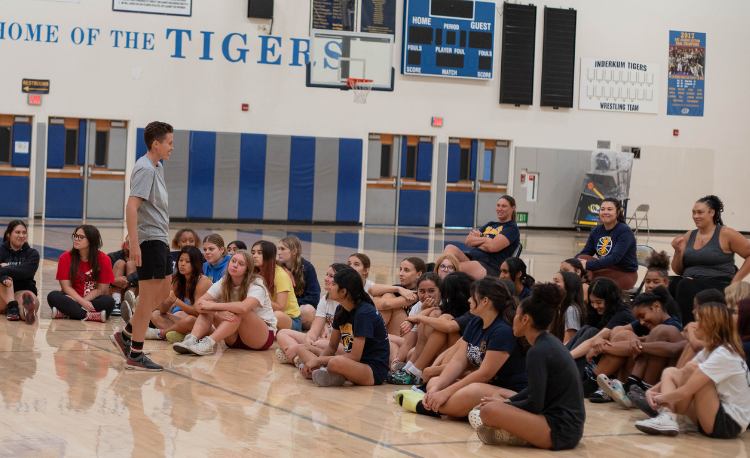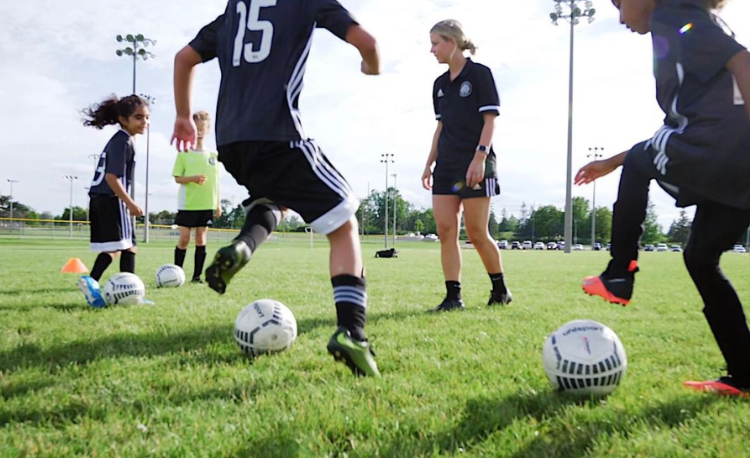Yolanda Thomas: Mom’s the word
A new group has been launched in the US to support mothers who coach. Co-chair Yolanda Thomas, Tulsa SC’s head coach and a parent of three, reveals the struggles and busts the myths to WSC’s Steph Fairbairn...
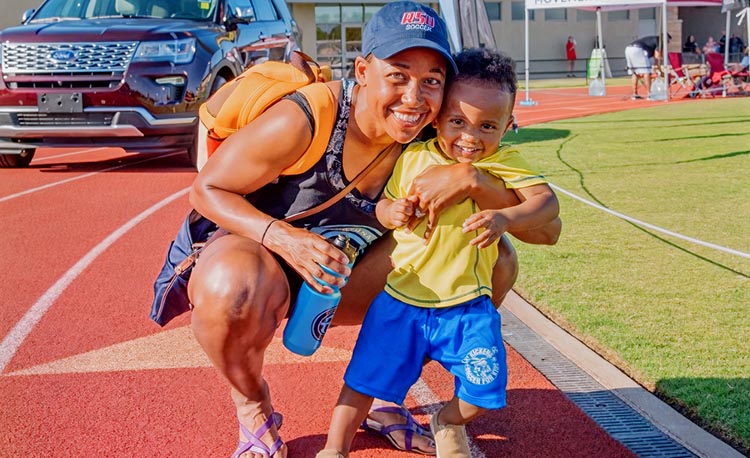
Yolanda Thomas - head coach of Tulsa Soccer Club and director of coaching for its girls program - has spotted a trend that needs addressing.
“We all know we need more women coaching,” she notes. “But if we’re going to have more women coaching, inevitably we’re going to end up with more mothers.
“If we want these women to keep coaching, how can we support them?”
Part of the solution is the Moms Who Coach initiative, a United Soccer Coaches (USC) group set up earlier this year that Thomas co-chairs.
“I was involved in the [USC] women’s group and the black soccer coaches group, and there were some women who said they needed support as moms.” she told Women’s Soccer Coaching.
“It’s something I’ve really struggled with and I could have used more support. Now I’m in a position where I have some experience and can support others. But I still need support as I continue.”
What Thomas is continuing is a career in soccer that spans over two decades. Originally from Sweden, she played in the domestic Damallsvenskan for seven seasons and represented Sweden at youth level up to under-21s, before moving to the US to spend four years at Oklahoma State University.
A planned return to Sweden with Linköpings was curtailed by a back injury. It was at that point Thomas made the decision to go into coaching permanently.
“As women, there’s this unspoken pressure to do everything right...”
She has now coached at almost every level, from developing the motor skills of two-year-olds to leading Tulsa’s Women’s Premier Soccer League team.
And, of course, Thomas is also a mother. Daughter Sasja is eight, son Solomon five, and the latest addition to the family, Shiloh, is just a few months old.
So when Thomas speaks about offering and needing support, it’s in balancing those two roles: coach and mother.
She said: “I think as women there’s this unspoken pressure to do everything right.
“There is pressure to be a certain way and to be there for your children physically all the time, in a way that is not expected of men.
“When you’re missing, you’re looked upon as weak because you’re nurturing, not just in soccer but in the professional world in general. I see that as a huge strength, as a coach and a leader in particular.
“It’s a tough struggle. Sometimes you’re trying to portray a strong front, walking into a room and having to argue your cause with 20 men, but then you’ve got to flip to be this nurturing mom. That can be a strain.
“There’s also the guilt that inevitably happens when you miss your kid’s game, or their social function at school. It’s a struggle trying to be everywhere at all times.
“The other major struggle is just not having support, and having to function in a world that wasn’t designed for you to succeed.
“It’s run by men who think like men all the time. They aren’t thinking about the things that women deal with.”
‘REMEMBER WHY YOU DO WHAT YOU DO AND DON’T BE AFRAID OF SUPPORT’ – YOLANDA’S ADVICE FOR MOTHERS WHO COACH
“To the women out there who may be thinking about having kids or have had kids, always remember why you do what you do.
|
You need to be logged in to continue reading.
Please register for limited access or take a 30-day risk-free trial of Women's Soccer Coaching to experience the full benefits of a subscription.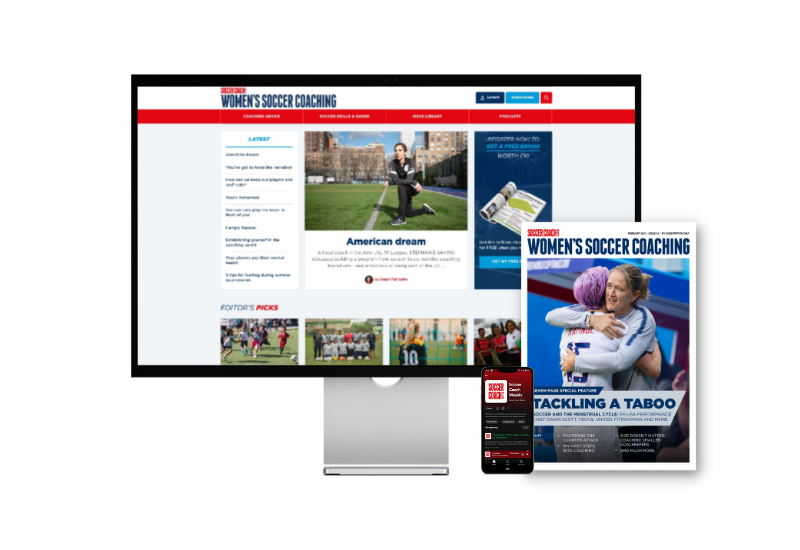
Newsletter Sign Up
Newsletter Sign Up
Discover the simple way to become a more effective, more successful soccer coach
In a recent survey 89% of subscribers said Women's Soccer Coaching makes them more confident, 91% said Women's Soccer Coaching makes them a more effective coach and 93% said Women's Soccer Coaching makes them more inspired.
*includes 3 coaching manuals
Get Inspired
All the latest techniques and approaches
Women's Soccer Coaching offers proven and easy to use soccer drills, coaching sessions, practice plans, small-sided games, warm-ups, training tips and advice.
We've been at the cutting edge of soccer coaching since we launched Soccer Coach Weekly in 2007, creating resources for the grassroots youth coach, following best practice from around the world and insights from the professional game.


